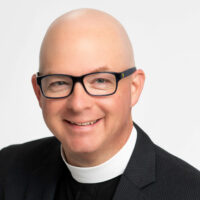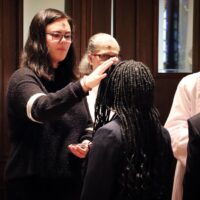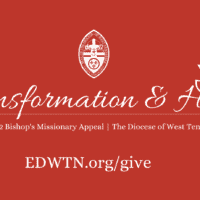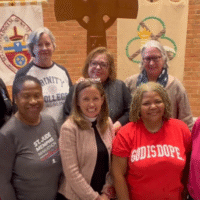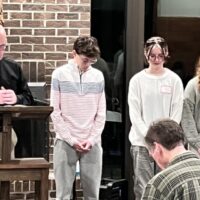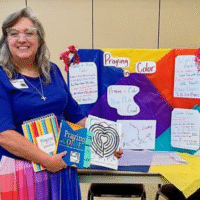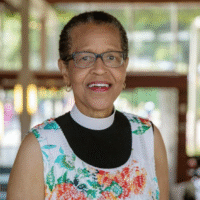 So what’s the deal with Safeguarding /Safe Church? What are the training requirements?
So what’s the deal with Safeguarding /Safe Church? What are the training requirements?
You may or may not have heard that Praesidium, which hosts the online training many congregations use, is phasing out some of its modules. So, what is that all about? Let me explain. My name is Jesse Abell, and I’m a priest who now serves as theSafeguarding Coordinator for the Diocese of West Tennessee. I have been involved in leading Safe Church trainings and in the clergy disciplinary process (Title IV) for about ten years now.
(In the early curriculum, the training used the term “safeguarding” in its titles, and that’s still a fairly common term for this training. In some places, and now at the denominational level, the term “Safe Church” is being used as a large umbrella for all training for safety and sexual harassment and abuse prevention.)
In 2018, the General Convention of the Episcopal Church adopted a major overhaul of our Safe Church programming. Prior to that time, materials were made available from the denominational level, but policies and training were largely left up to each diocese and congregation. This resulted in a wide variety of Safe Church procedures across the Episcopal Church. Keenly aware of scandals and missteps in a number of Christian traditions that have come to light in recent decades, General Convention knew that it was prudent, and would keep our vulnerable members most safe, if our approach to safeguarding matters was streamlined across the entire Episcopal Church.
To that end, General Convention adopted two model policies, one pertaining to youth and children and the other pertaining to vulnerable adult populations, and mandated that these same policies also be adopted by every Diocese and by every congregation and constituent agency and organization. You can find these model policies at https://www.episcopalchurch.org/safe-church/.
The same General Convention also ordered a complete overhaul of the training curricula for volunteers, clergy, and staff. Now, we speak in terms of “Universal Training” and “Specialized Training.”
- Universal Training refers to basic content that everyone—volunteers, leaders, clergy, staff, etc.—need to receive for their roles.
- Some will also need to receive additional “specialized training” particular to their role. For example: Clergy will need specialized content relevant to doing ordained ministry; church staff will need specialized content relevant to the workplace, screening and training requirements, and preventing harassment, etc.; camp staff will need specialized content relevant to working in a camp setting; School staff will need specialized content relevant to working in a school, and so on.
Here in West Tennessee, Bishop and Council is actively at work implementing the 2018 General Convention mandates and will also respond to any updates that may be required by the 2022 General Convention. We know that this is going to be a process and that it will take time, so we are approaching it in stages.
Because of inconsistencies in training in the past and gaps in policy implementation, all clergy and paid workers are now required to do their Safe Church training in-person with a diocesan-approved trainer. This training will comprise both the universal content and the required specialized content.
Volunteers who work with children, youth, or vulnerable populations are encouraged to participate in the “universal training” part of an in-person workshop if at all possible, but may be permitted to complete their training online using Praesidium’s Academy platform. At the Diocese, we have prepared a list of which of these modules are required for each particular type of role. It is very important, however, that the congregation’s leadership ensure that all required modules are fully completed for volunteers who do their training online. Administrators and those with oversight of volunteers can find the lists of required online modules here:
In any case, training needs to be completed again every three years. And anyone who has not been trained in the new policies and procedures needs to do so as soon as possible. Note that General Convention also now requires regular audits of all dioceses and congregations to ensure compliance with the new guidelines. (We have not yet started congregational audits in West Tennessee, but it is on our radar.)
If you have any questions about Safeguarding training, Safe Church policies, implementation, or requirements, please contact me directly at jesse.abell@gracestlukes.

